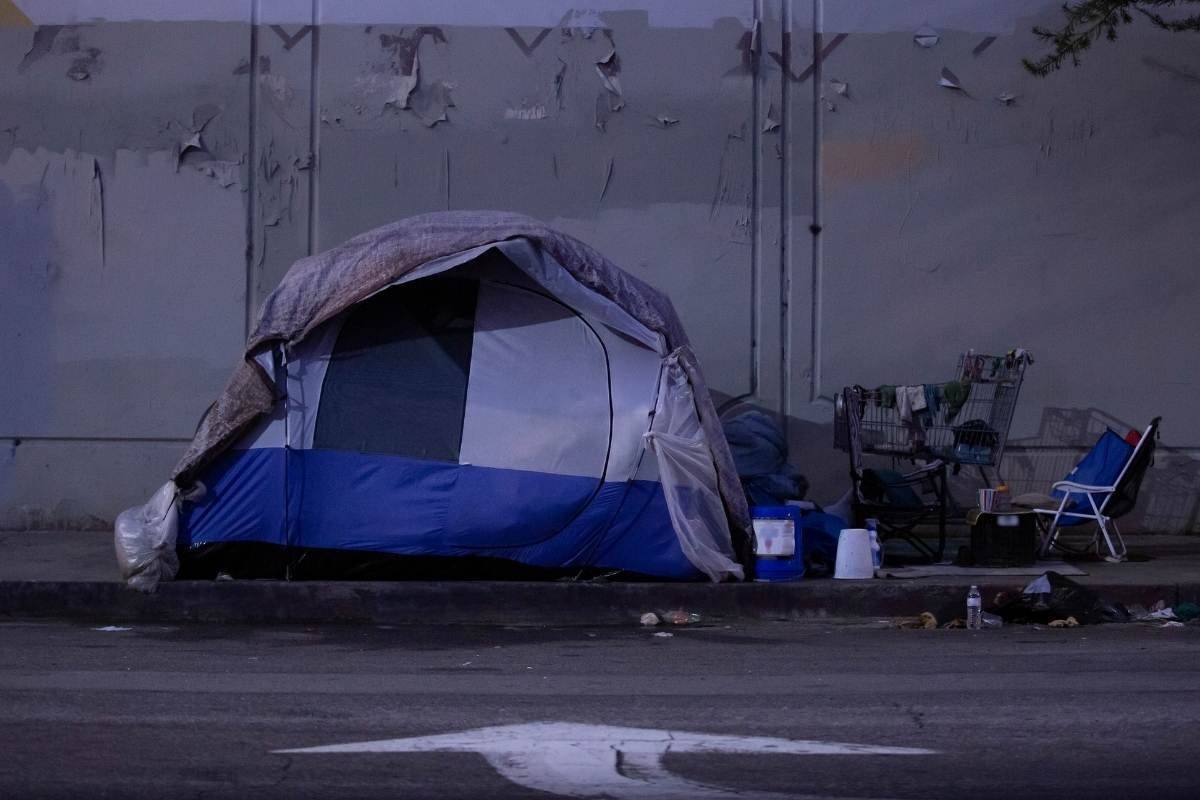Blog
New website resource: Concussions and Individuals with Pre-Existing Disability
We are excited to announce the publication of a new resource on our website, addressing concussions in Individuals with a Pre-Existing Disability. To our knowledge, this is the only resource of its kind on the web; it includes up-to-date research on how pre-existing disabilities impact the diagnosis, treatment, and recovery from concussions.
‘Medical Gaslighting’ of women and people of color, including for mTBI
A New York Times article discusses "Medical Gaslighting”, a term used to describe situations where patients are frustrated after “dismissive experiences with medical professionals.” The author notes a 2020 study finding that women receive less medical care following traumatic brain injury (TBI).
Sex, race, psychiatric history, intracranial injury associated with increased prevalence of insomnia after a TBI
A study found that female biological sex, Black race, history of psychiatric illness, or intracranial injury were associated with a higher severity level of insomnia symptoms post-TBI.
Health disparities and barriers to effective and proper migraine treatment
An article in Harvard Health Publishing breaks down new research on healthcare disparities faced by patients with headache disorders. Researchers Jessica Kiarashi et al. found significant disparities based on race, sexuality, socioeconomic status (SES), urban/rural geographic differences, and more.
Study looks at concussion nondisclosure in college athletes from health disparities and social health determinants framework
A study investigated whether concussion nondisclosure disparities existed by race, socioeconomic status (SES), or athletic training health care access before college. One of the study’s goals was to understand the differential reasons for concussion nondisclosure between White and Black collegiate athletes.
High incidence of TBIs in study of houseless and precariously housed persons
A recent study by Tiffany O’Connor et al. explored the incidence of traumatic brain injury among homeless and precariously housed persons. Of the 326 individuals who participated in the study, 100 acquired at least one TBI during the study period (with 31% suffering more than one) – yielding an incidence proportion of 30.7%.






